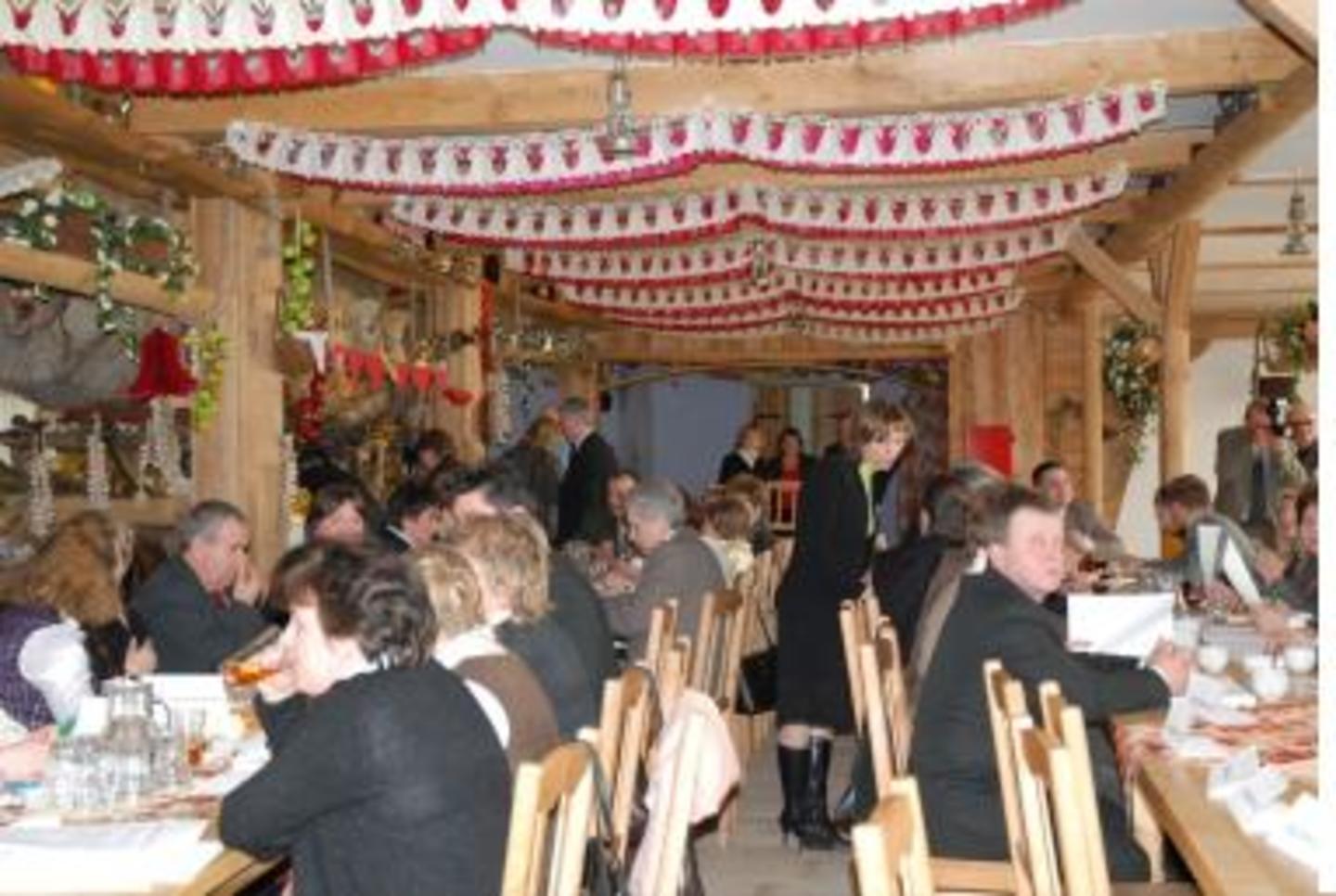Over the coming two years the eco-project will bring together the region's farmers, voluntary organisations and local authorities to allow for a joint effort towards sustainable ecological development in eastern Poland. The project, run by the Social Ecological institute in partnership with the Norwegian organisation ØkoPomorka, holds strong local support. A total 15 municipalities, serving a population of around 100,000 people, and a wide range of voluntary organisations, have voiced their interest in taking part in the project.
The Social Ecological was awarded a €228,000 grant under the component ‘environmental protection and sustainable development' of the €41.5 million Polish NGO Fund, to encourage organic production and contribute to capacity building among organic producers. The project is thematically split into three components - organic farming, local organic food production and eco/agro tourism. Within each component seminars and study trips will be arranged and guidelines detailing quality requirements and regulations, as well as advice on production methods and marketing will be developed.
Exchange of know-how between the international partners form an integral part of the project. "We look forward to cooperating with Norwegian partners within all the project components", project leader Elżbieta Lenarczyk-Priwieziencew said.
The planned activities include study visits to Norwegian organic farms in Valdres and to Sogn school of organic agriculture and horticulture in Norway. The Norwegian foundation GRIP will contribute with its competence within eco-tourism. Toril Mentzoni with ØkoPomorka underlined the shared challenges facing the organisations. "We have the same goals - to strengthen organic farming and small scale production," Mentzoni said. She added: "In order to achieve good results, long-term engagement is important. We look at least five years ahead, and we hope the results of this project can also spread to other parts of Poland".
For more information on the Polish NGO Fund and its supported activities, see the fund's web page, www.funduszngo.pl.
